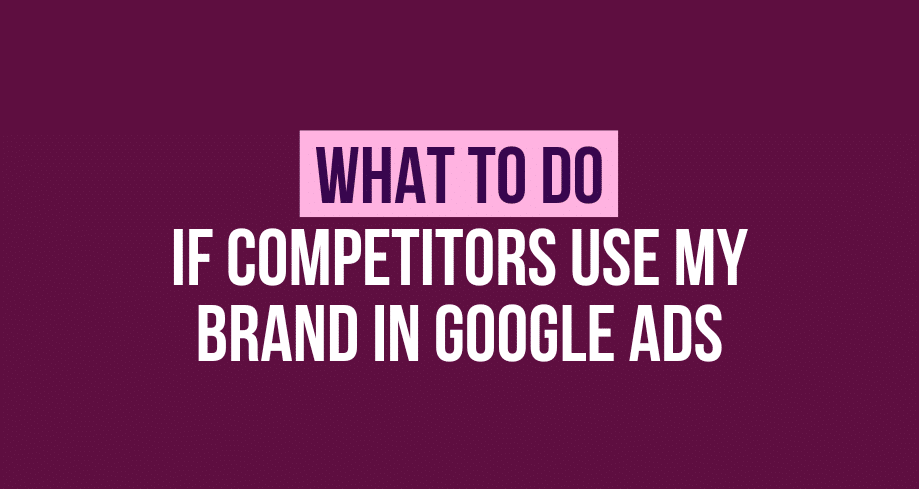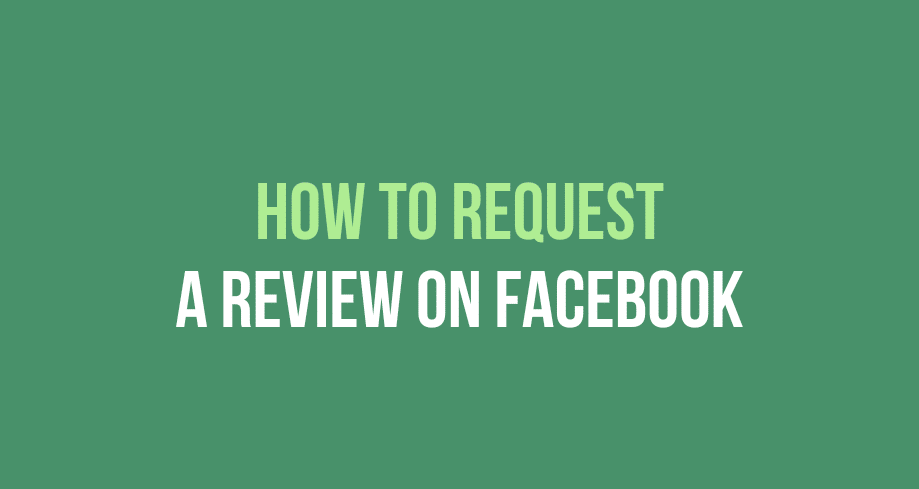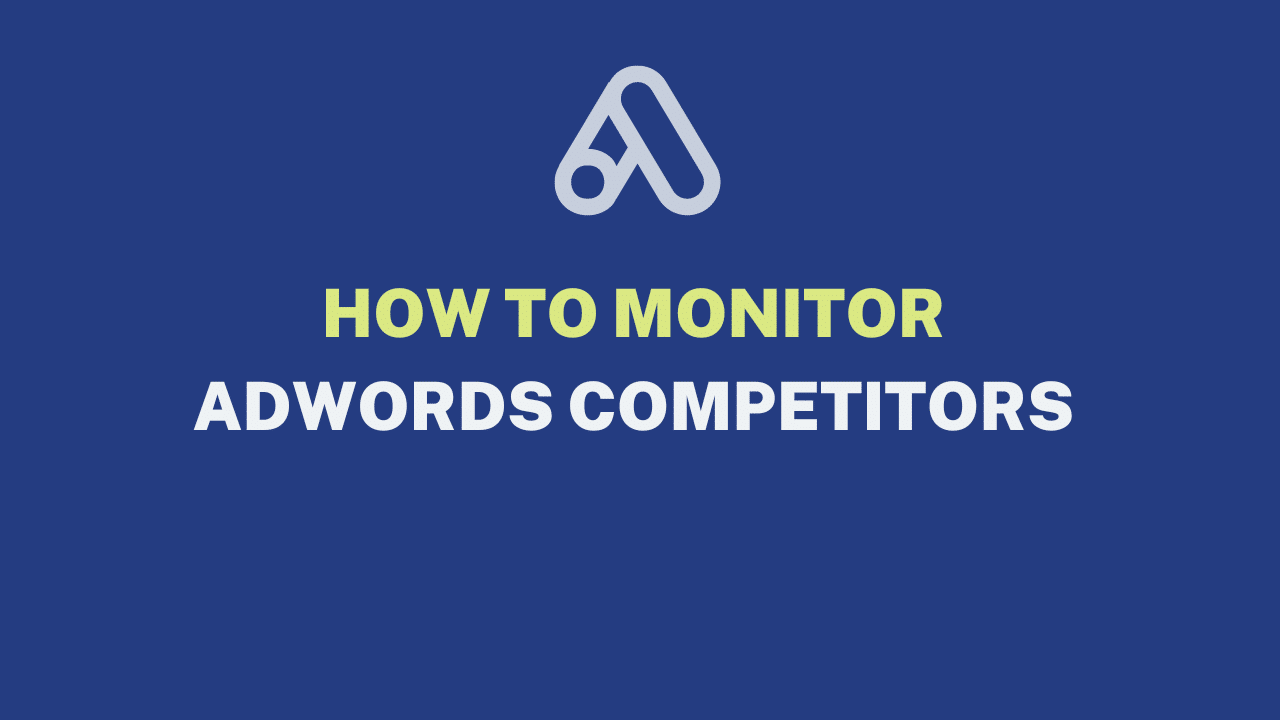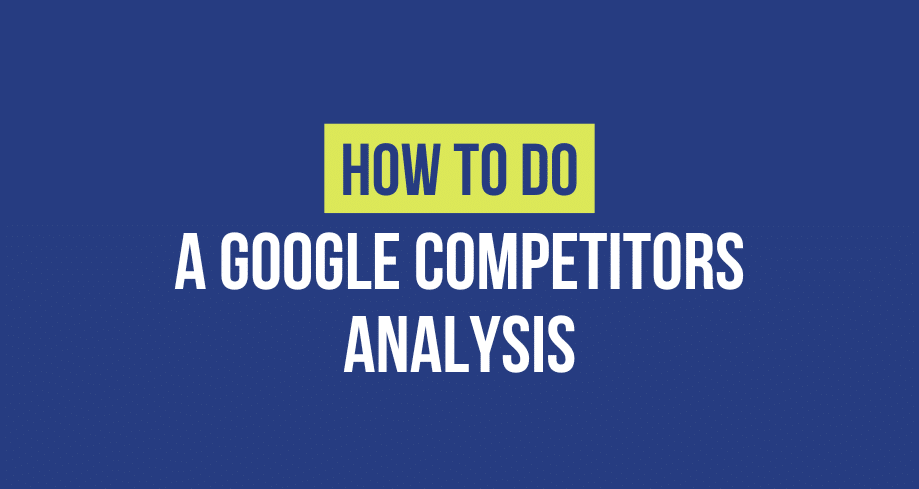Staying ahead of the competition is crucial for businesses. However, what happens when your competitors start using your brand in their Google Ads? This practice of competitors using my brand in Google Ads can have significant implications for your brand’s visibility, reputation, and overall marketing strategy.
This guide explores the steps to address this issue of brand keywords effectively and maintain a competitive edge in the online advertising landscape. By understanding the impact of competitors using your brand in Google Ads and implementing proactive measures to protect your brand, you can safeguard your online presence and ensure that your marketing efforts yield the desired results.
Why Competitors Use Your Brand in Google Ads
A Competitor brand has various motives behind using your brand in their ads. Understanding these motives can help you develop a comprehensive strategy to address the issue of using branded keywords.
Here are some key reasons why competitors might use your own brand name in their ads:
- Piggybacking on Brand Recognition: Your brand’s recognition and reputation have value, and competitors may seek to benefit from that by associating their own products or services with your established brand name.
- Generating Clicks and Traffic: Competitors may use your brand in their ads to drive traffic to their own websites. Since your brand has likely built a loyal customer base, they target those customers hoping to divert them to their own offerings.
- Creating Brand Confusion: By incorporating your brand in their ads, competitors may intentionally confuse customers and make them question the authenticity of your offerings. They aim to undermine your brand’s credibility and potentially redirect customers to their own products or services with the competitor’s brand names.
The Impact of Competitors’ Use of Your Brand in Google Ads
Competitors using your brand in their ads can have several negative consequences for your business, especially on Google Search. Understanding and mitigating these impacts is essential to protect your brand’s reputation and maintain customer trust. Here are some potential effects of competitors using your brand in their ads:
- Customer Confusion: When customers come across ads that feature your brand but lead to your competitors’ websites, they can become confused and uncertain about which company or product is genuine. This confusion can erode trust and lead to a loss of potential sales as customers may opt for safer options or abandon the purchase altogether.
- Diversion of Traffic: Competitors utilizing your brand in their ads can divert traffic that would otherwise go to your website. This means potential customers intending to engage with your brand may interact with your competitors instead. This diversion can negatively impact your website’s performance, reducing conversions and hindering your overall marketing efforts. Competitor bidding campaigns make this difficult.
- Loss of Sales and Brand Loyalty: If customers are redirected to competitors’ offerings through misleading ads, you may experience a loss of sales. Moreover, brand loyalty can be compromised as customers may associate negative experiences or subpar products with your brand, even though your company did not provide them.
Evaluate the Legal Perspective
Protecting your brand’s integrity and intellectual property rights is crucial when competitors use your brand in Google Ads.
Here are some key considerations regarding the legal perspective:
- Importance of Legal Guidance: Seeking legal advice ensures that you fully understand the legal implications and potential actions you can take against competitors using your brand in their ads. A legal professional can assess the situation, determine if trademark infringement has occurred, and advise on the best course of action to protect your brand.
- Trademark Infringement Claims: If your brand is a registered trademark, you may have grounds for a trademark infringement claim against competitors. Discuss with your legal advisor the viability of pursuing legal action, such as filing a lawsuit or sending a cease-and-desist letter. These actions can serve as a deterrent and prompt competitors to stop using your brand in their ads.
Report Trademark Violations to Google
Google takes intellectual property rights seriously and provides mechanisms to report trademark violations in Google Ads. Follow these steps to report trademark infringements:
- Visit Google’s Trademark Complaint Form page.
- Provide your contact information and details about your trademark, including its registration status.
- Identify the specific Google Ads that use your brand inappropriately and provide evidence, such as screenshots or links.
- Submit the complaint form to Google for review.
Google will review your complaint and take appropriate actions against competitors’ names, such as removing the infringing ads or requesting further information. Reporting trademark violations to Google helps protect your brand’s integrity and ensures fair competition in the advertising ecosystem.
Monitor and Document Instances
Proactively monitoring and documenting instances of competitors using your brand in Google Ads is essential for building a strong case and demonstrating the misuse of your brand. Here are some methods and tools to aid in monitoring and gathering evidence:
- Screenshotting Ads: Take screenshots of ads that feature your brand used by competitors. To provide comprehensive evidence, capture crucial elements such as the ad copy, display URL, and landing page.
- Keeping Records: Maintain a detailed record of competitors using your brand in their ads. Include relevant information such as dates, URLs, and any communication or responses from competitors.
- Monitoring Tools: Utilize online monitoring tools that track brand mentions and ad placements. These tools can alert you whenever your brand appears in competitors’ ads, ensuring you stay informed and can gather evidence promptly. It can also show competitors bidding for their own brand keywords.
By diligently monitoring and documenting instances of brand misuse, you strengthen your position when taking legal action or reporting violations to Google.
Strengthen Your Brand’s Online Presence
Establishing a robust online presence for your brand is crucial to counteract the impact of competitors using your brand in Google Ads. Here are some strategies to consider:
- SEO Optimization: Optimize your website’s content and structure to improve its visibility in search engine results. Focus on targeting relevant keywords related to your brand and industry to drive organic traffic and strengthen your online authority.
- Content Marketing: Create high-quality, informative, and engaging content that showcases your brand’s expertise and unique value proposition. This positions your brand as a trusted source of information and builds credibility among your target audience.
- Brand Visibility: Leverage social media platforms, influencer collaborations, and online advertising campaigns to increase your brand’s visibility. By actively promoting your brand and engaging with your audience, you strengthen its recognition and reduce the impact of competitors’ ads.
Utilize Ad Extensions and Ad Copy Optimization
Optimizing your Google Ads with ad extensions and compelling ad copy is crucial to differentiate your brand and attract customers. Here’s how these strategies can help:
- Ad Extensions: Take advantage of various ad extensions offered by Google Ads, such as sitelink extensions, call extensions, and review extensions. These extensions provide additional information and functionalities to your ads, making them more appealing and informative to users. Use relevant extensions to highlight unique selling points, promotions, or specific landing pages that showcase your brand’s offerings.
- Ad Copy Optimization: Craft persuasive and unique ad copy highlighting your brand’s unique selling points. Clearly communicate the value and benefits of choosing your brand over competitors. Use attention-grabbing headlines, concise and compelling descriptions, and strong calls-to-action to entice users to click on your ads. Incorporate keywords that represent your brand and target audience’s search intent.
Focus on Quality Score and Ad Rank
Maintaining a high-quality score and ad rank in Google Ads is crucial to outrank competitors and maximize your brand’s visibility. Here’s why it matters and how you can improve them:
- Importance of Quality Score: Quality Score measures the relevance and quality of your ads, keywords, and landing pages. It directly affects your ad rank and cost per click. A high-quality score indicates that your ads are relevant, which can result in higher ad positions and lower costs. Focus on improving your Quality Score to stay ahead of competitors.
- Improving Ad Relevancy: Ensure that your ads are highly relevant to the keywords you target and the landing pages they lead to. Align your ad copy with users’ search intent and highlight your brand’s unique value proposition. Optimize your landing pages to provide a seamless and relevant user experience.
- Enhancing Landing Page Experience: Create landing pages that are user-friendly, fast-loading, and tailored to the specific ad and keywords. Provide valuable and relevant content, clear calls-to-action, and easy navigation. Ensure that your landing pages deliver on the promises made in your ads.
- Increasing Click-Through Rates (CTRs): A high CTR indicates that your ads are appealing and compelling to users. Improve your ad copy, use enticing offers or promotions, and test different Google ad variations to optimize your CTR. A higher CTR can positively impact your Quality Score and ad rank.
Competitor Targeting Strategies
To counteract competitors’ Google Ads effectively, consider implementing competitor targeting strategies. Here’s how you can strategically target competitor brands:
- Target Brand-Related Keywords: Identify the keywords that competitors are bidding on to target your brand. Create ad campaigns specifically targeting those brand-related keywords. Craft ad copy that highlights your brand’s unique advantages or differences compared to competitors. Position your brand as a better alternative or offer exclusive deals or incentives to entice potential customers searching for competitor brands.
- Craft Targeted Ad Campaigns: Create targeted ad campaigns that reach potential customers searching for competitor brands. Understand your competitors’ target audience and tailor your ad content and keywords to match their interests and preferences. Highlight your brand’s unique value proposition and address any pain points that competitors may not be addressed effectively.
- Leverage Display Network and Remarketing: Consider utilizing the Google Display Network to target users interested in competitor brands. Display visually appealing ads that showcase your brand’s strengths or offer competitive advantages. Additionally, use remarketing campaigns to target users who have previously visited your competitors’ websites, reminding them of your brand and encouraging them to consider your offerings.
Frequently Asked Questions
Can competitors legally use my brand in their Google Ads?
Using your brand in competitors’ Google Ads can infringe upon your intellectual property rights. However, the legality of such use depends on various factors, including trademark laws and specific circumstances. Consulting with a legal professional specializing in intellectual property can help you understand your rights and explore potential legal actions if necessary.
How can competitors using my brand in Google Ads impact my business?
Competitors using your brand in their Google Ads can have several negative consequences. It can lead to customer confusion, divert traffic from your website to your competitor’s sites, and potentially result in losing sales and brand loyalty. Customers may question the authenticity of your offerings, impacting your reputation and customer trust. It is important to address this issue promptly to protect your brand and maintain a competitive edge.
How can I combat competitors using my brand in Google Ads?
You can take several proactive steps to combat competitors using your brand in Google Ads. Firstly, consult with a legal professional to understand your rights and explore legal actions, such as filing trademark infringement claims or sending cease-and-desist letters. Additionally, you can report trademark violations to Google through their complaint form.
Conclusion
By taking proactive measures, you can protect your brand, maintain a competitive edge, and ensure that your online advertising efforts drive the desired results. Stay vigilant, adapt your strategies as the landscape evolves, and strengthen your brand’s presence to thrive in the ever-changing digital marketplace.




